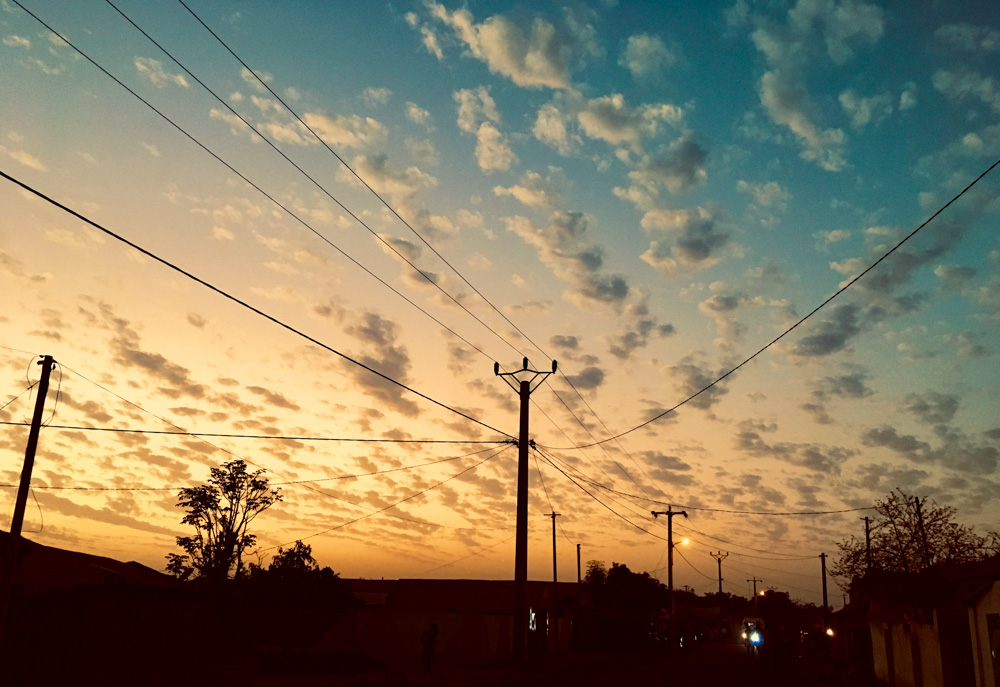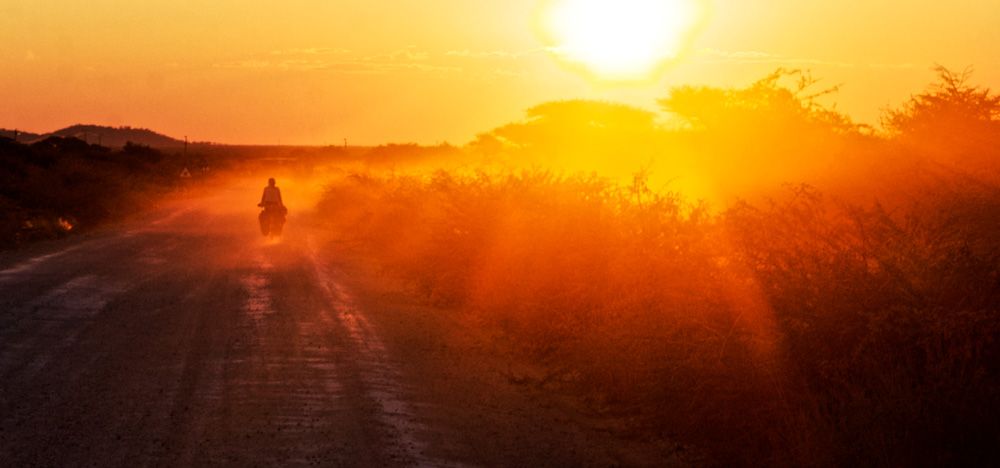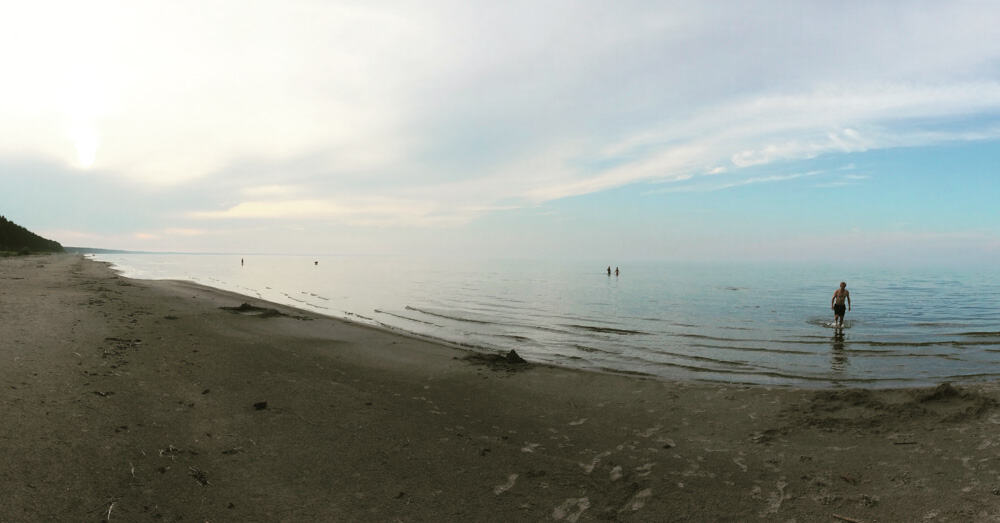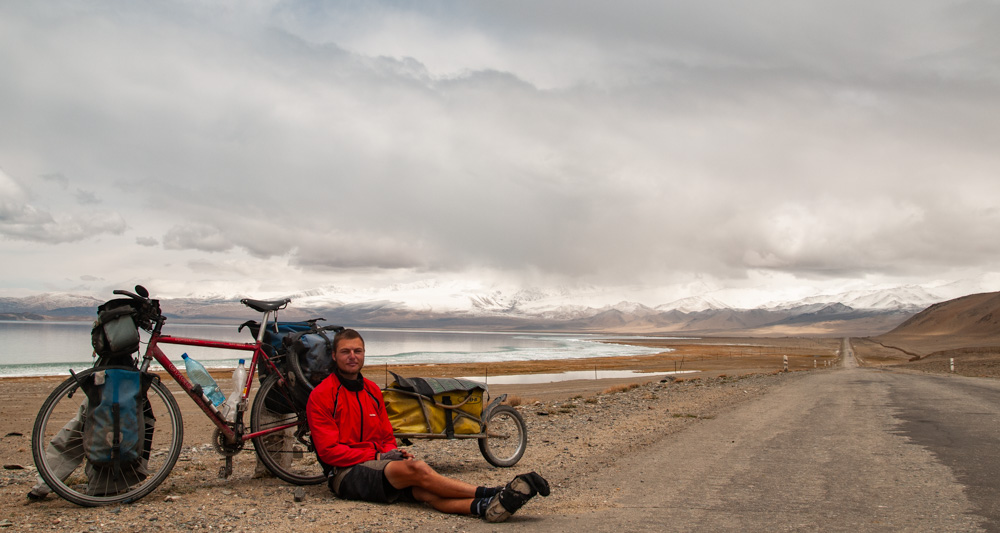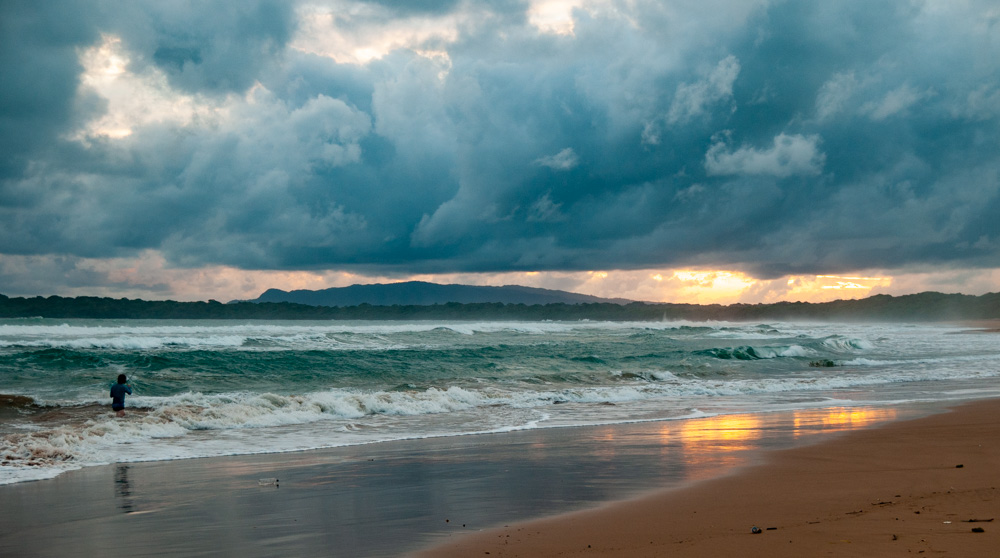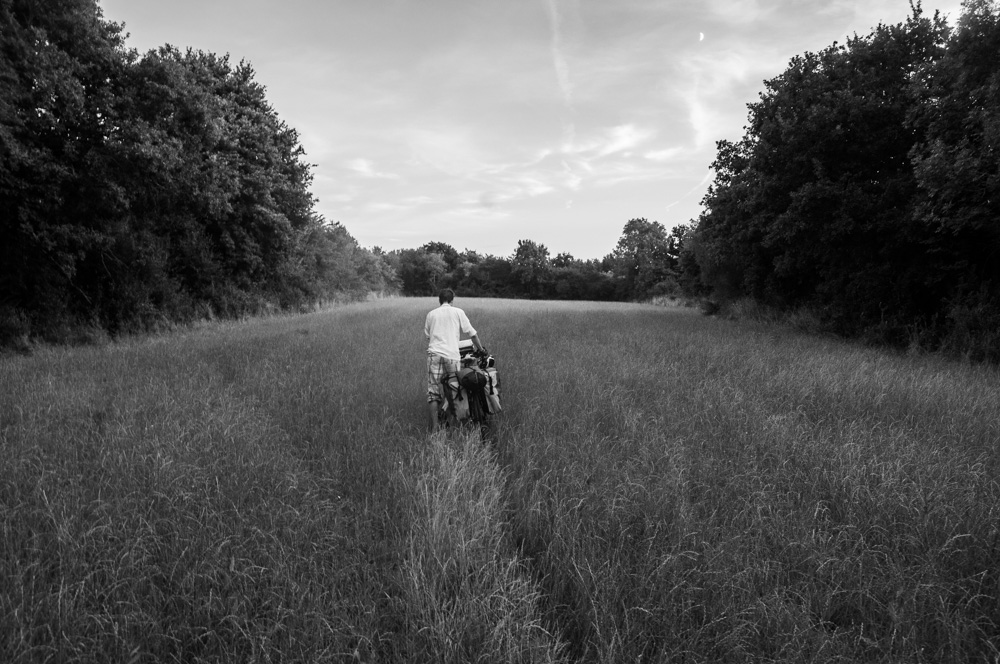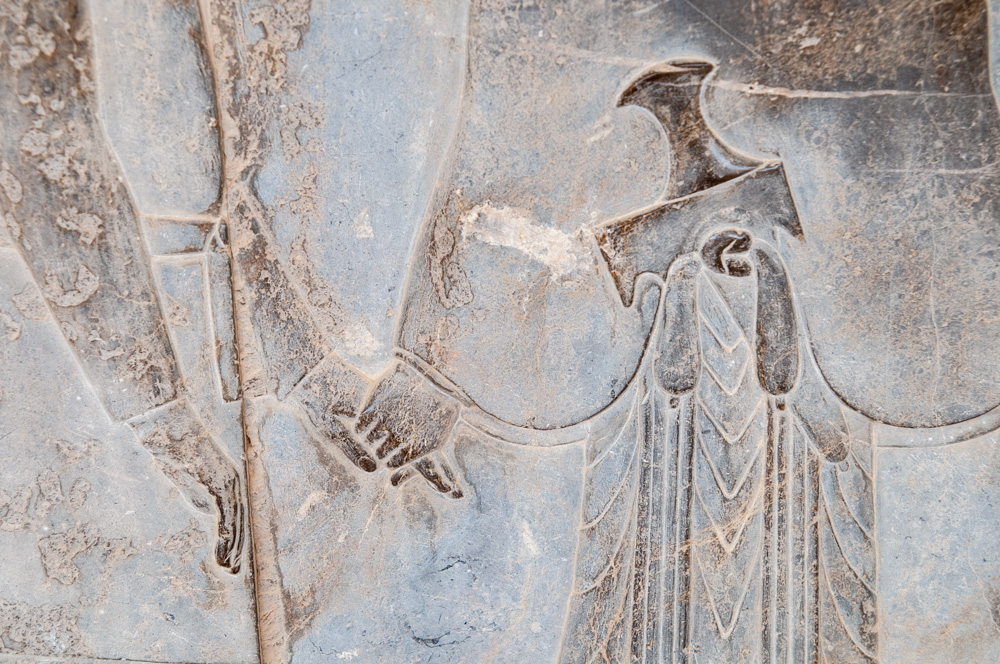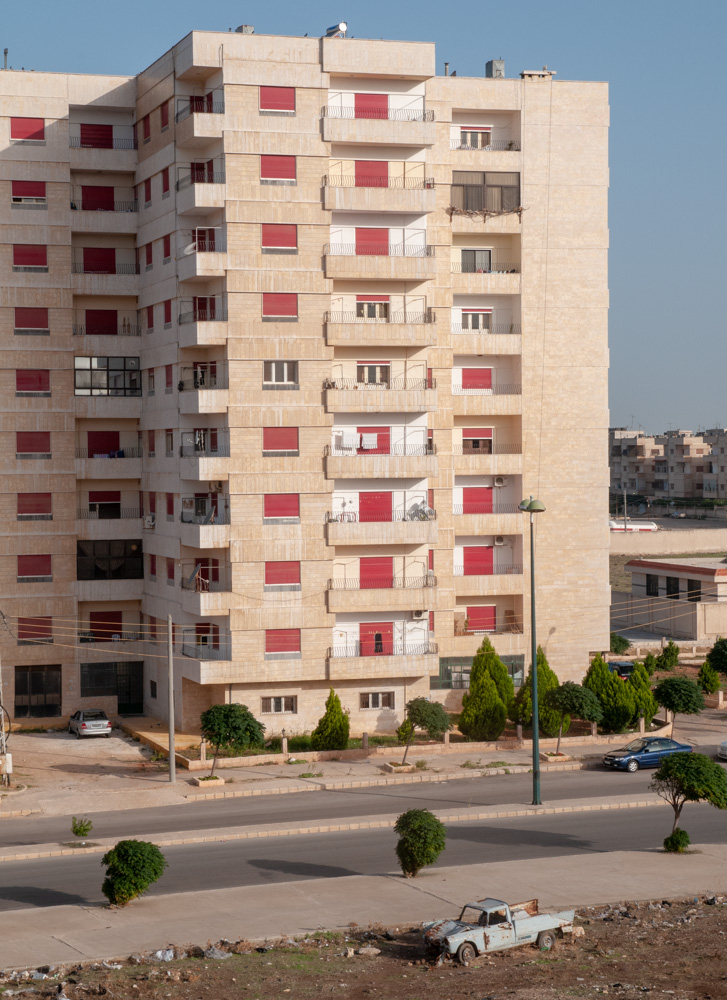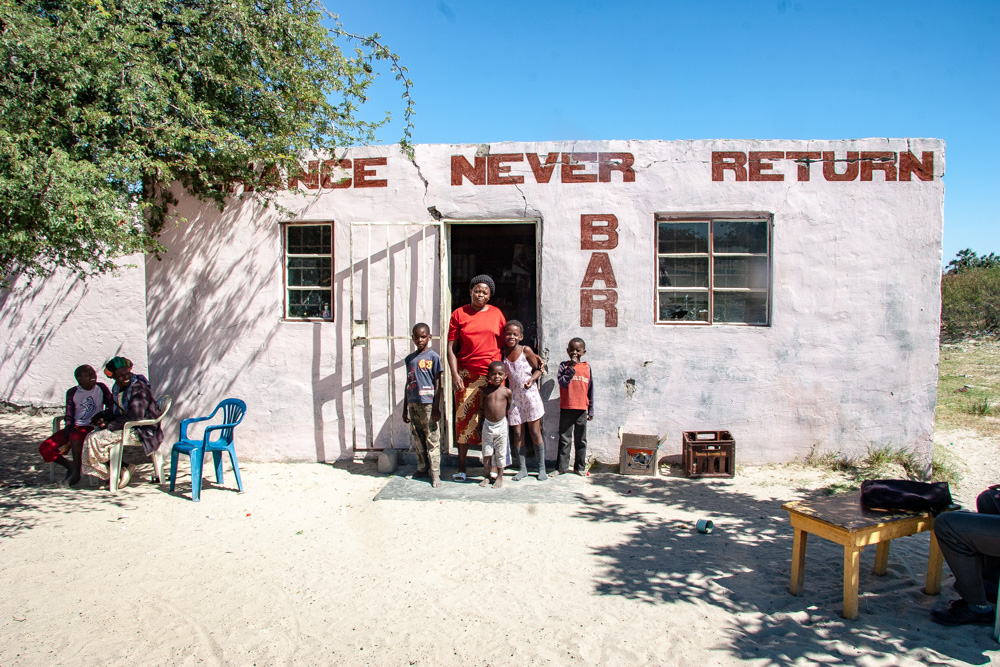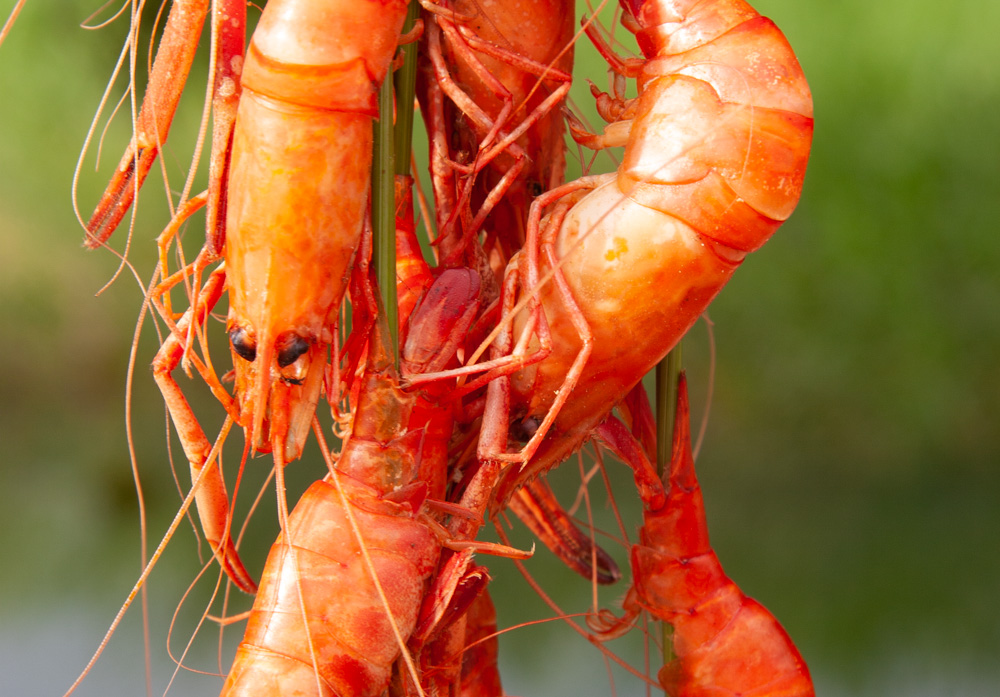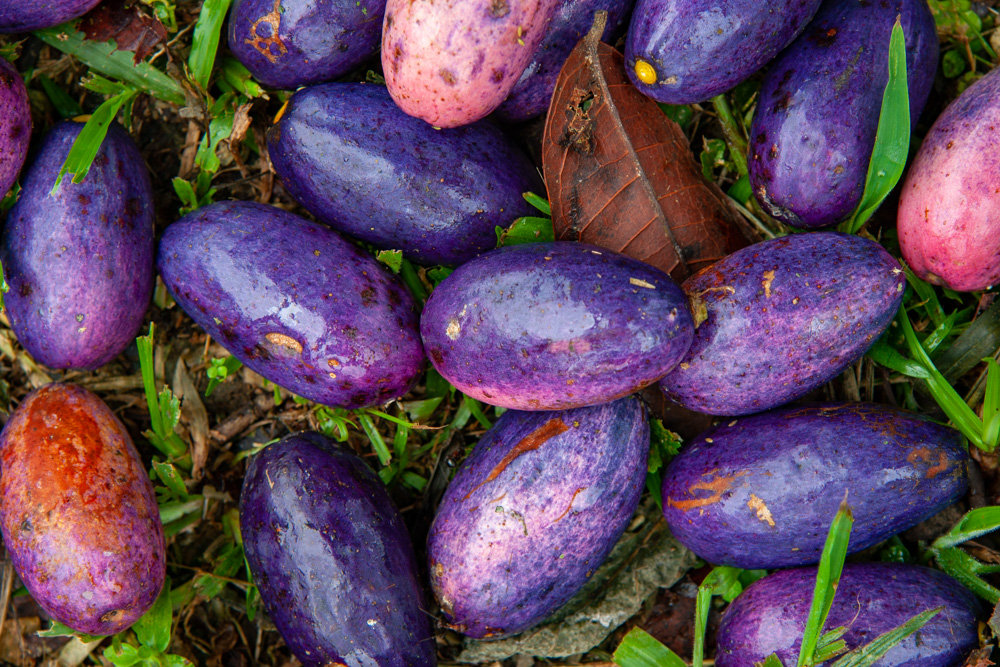Heading back home after two months in Bansang; in the best of hands, twelve years after I first met Yero Sam, and with a license to serve. The hospital soon became family. Medically our ambitions were sometimes limited by resources, but never short of effort and care. Most importantly, there was no distance to the reality in which we all live: a peaceful acceptance of lifes beginning and ending; a faith that this life is only a short prologue.
The 20-minute walk home was a space-out-session. The evening bucket shower under the stars likewise.
Between work, eat and sleep, we were reminded of how to approach life by children, always smiling; at once distanced from our adult life, yet more present to life than any of us.
It’s the rare luxury to be inspired by so many people you’ve met; to be given the gift of sharing their time; to end up truly respecting them more than you respect yourself.
Everything is up-front, bold and honest: curiosity, humanity, injustice, joy. It saturates your mind, and it’s sometimes challenging, but it etches your heart. Even before you leave, you miss it deeply.
The world we live in feels smaller, but so do we. It’s a peaceful comfort that I hope to keep. Thank you all of Bansang, and especially Yero and Edeny.
